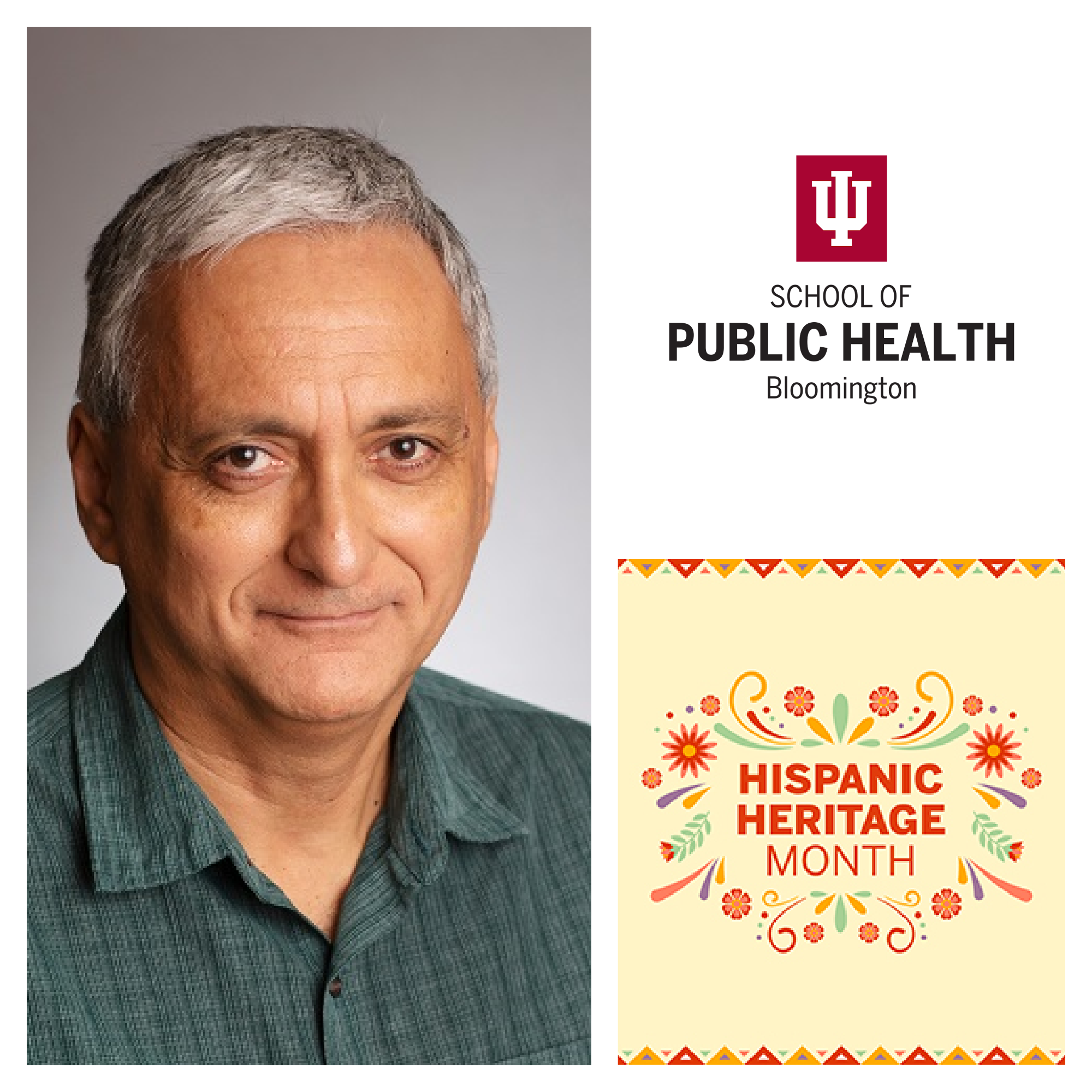Quietly and dutifully, faculty member Eduardo Ximenes, Ph.D. is spearheading vital research to make food safer for everyone nationwide.
Last summer, Dr. Ximenes—an associate professor in the Department of Environmental and Occupational Health—and his laboratory received the U.S. Food and Drug Administration (FDA) Honors Award for their role in expanding the National Antimicrobial Resistance Monitoring System (NARMS) retail meat sampling and testing to nine additional U.S. states in just two years with FDA financial support.
“Food safety is very interesting to me as a researcher because one of my specialties is microbiology, and it is fascinating to see how microorganisms develop to contaminate food,” says Dr. Ximenes.
NARMS also works in partnership with the Centers for Disease Control and Prevention (CDC) and the U.S. Department of Agriculture (USDA) on monitoring antimicrobial resistance nationwide in enteric bacteria from humans, food-producing animals, and retail meats. Other states actively working with NARMS in addition to the Ximenes lab here at IU include California, Iowa, Michigan, New Hampshire, New Jersey, Ohio, Virginia and West Virginia.
Originally from Brazil, Dr. Ximenes has been living in the United States for the last 20 years. About 10 years ago, he and his then-colleagues at Purdue University won the 2014 FDA Food Safety Challenge, detecting salmonella contamination with rapid detection methods in a mere eight hours. Now, Dr. Ximenes and his team—which include research analyst Madelyn Springer and former undergraduate student Delilah Perry—are working to develop cost-effective rapid detection models that can be easily performed and adopted nationwide.
“Antibiotics are widely used to protect the animals in the food industry, which the bacteria is also exposed to,” says Ximenes. “This provides the opportunity for microorganisms to develop a resistance over time to a certain type of antibiotics. For instance, if Salmonella becomes resistant to antibiotics, it becomes harder to treat people who have Salmonella.”
According to Dr. Ximenes, the World Health Organization (WHO) considers antimicrobial resistance one of the top 10 global public health threats. Another major concern is how these microorganisms can persist in harsh conditions like dry food with low concentrations of water. Ximenes says there are contaminants occurring in products such as spices, cereals, and flour they have not seen before.
“Collaborating with FDA colleagues, my lab is working in development of fast pathogenic microorganisms detection’ methods—target eight hours—in dry food, with a special focus on powdered infant formula,” says Dr. Ximenes. “We are consulting with experienced industry consultants for further development and validation of the methods.”
The Ximenes laboratory is also a member of the Food Emergency Response Network (FERN), which means that if there is a widespread food contamination in the country, Dr. Ximenes and his team could be called upon to assist responding to emergencies involving biological contamination of food. From an economic standpoint, Ximenes’ research is also critical to combating food waste.
“This kind of recognition from the FDA is an honor and opens doors for grant opportunities,” he says. “But the most important thing is we use these collaborations and this research to save lives.”
For more stories about SPH-B making a big difference both locally and worldwide, visit News.


